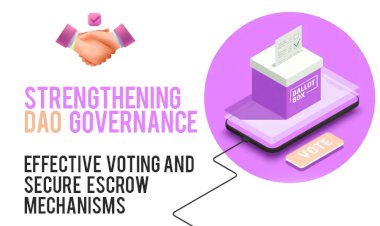Laws and Regulations of Gold Trade in Turkey

The Turkish government's role in regulating the gold market.
The Ministry of Treasury and Finance is in charge of monitoring gold trading activities, and the Turkish government plays a significant role in regulating the gold sector. In order to stop money laundering and terrorist financing, as well as to safeguard investors and consumers, the government has established a number of rules and licensing requirements for gold trading.
The Law on the Protection of the Value of Turkish Currency (Loi) is one of the main laws regulating the gold trade in Turkey. This law mandates that all exchanges of gold and other precious metals be made in Turkish lira and forbids the use of foreign currencies in transactions between Turkish citizens.
The Regulation on the Procedures and Principles for the Purchase, Sale, and Transport of Precious Metals, which outlines the prerequisites for gold traders to obtain a license from the Ministry of Treasury and Finance, is another significant regulation. The regulation outlines the prerequisites for obtaining a license, including minimum capital requirements, financial statements, and evidence of a spotless criminal record.
Turkish Gold Trade Licensing Requirements.
The Ministry of Treasury and Finance must issue a license to gold traders before they can transact business in Turkey. The licensing procedure entails a careful examination of the trader's financial statements as well as their background and level of experience in the gold market.
The license is good for one year and needs to be renewed every year. Traders must submit current financial statements and other pertinent documentation in order to renew their license.
In addition to the licensing requirements, gold dealers in Turkey must also abide by a number of other laws, including those pertaining to anti-money laundering and counter-terrorism financing. Tradesmen are required by these regulations to keep track of their transactions, confirm the identities of their clients, and alert the authorities to any suspicious activity.
Defending Against Fraud in the Gold Sector.
Fraud in the gold industry is still a concern despite the laws and licensing requirements that are in place. Consumers and investors should exercise caution when working with unidentified traders or dubious offers in order to protect themselves against fraud.
Dealing only with authorized and reputable gold traders is one way to guard against fraud. Consumers and investors can also look up a trader's history, financial records, and license status.
To sum up, the Turkish government has set up a number of rules and licensing requirements to control the gold trade in Turkey. By prohibiting illegal activity, these regulations also seek to safeguard investors and consumers. The Turkish government must be vigilant in policing the gold industry and defending the interests of its people as the world gold market develops.

 content-team
content-team 


















